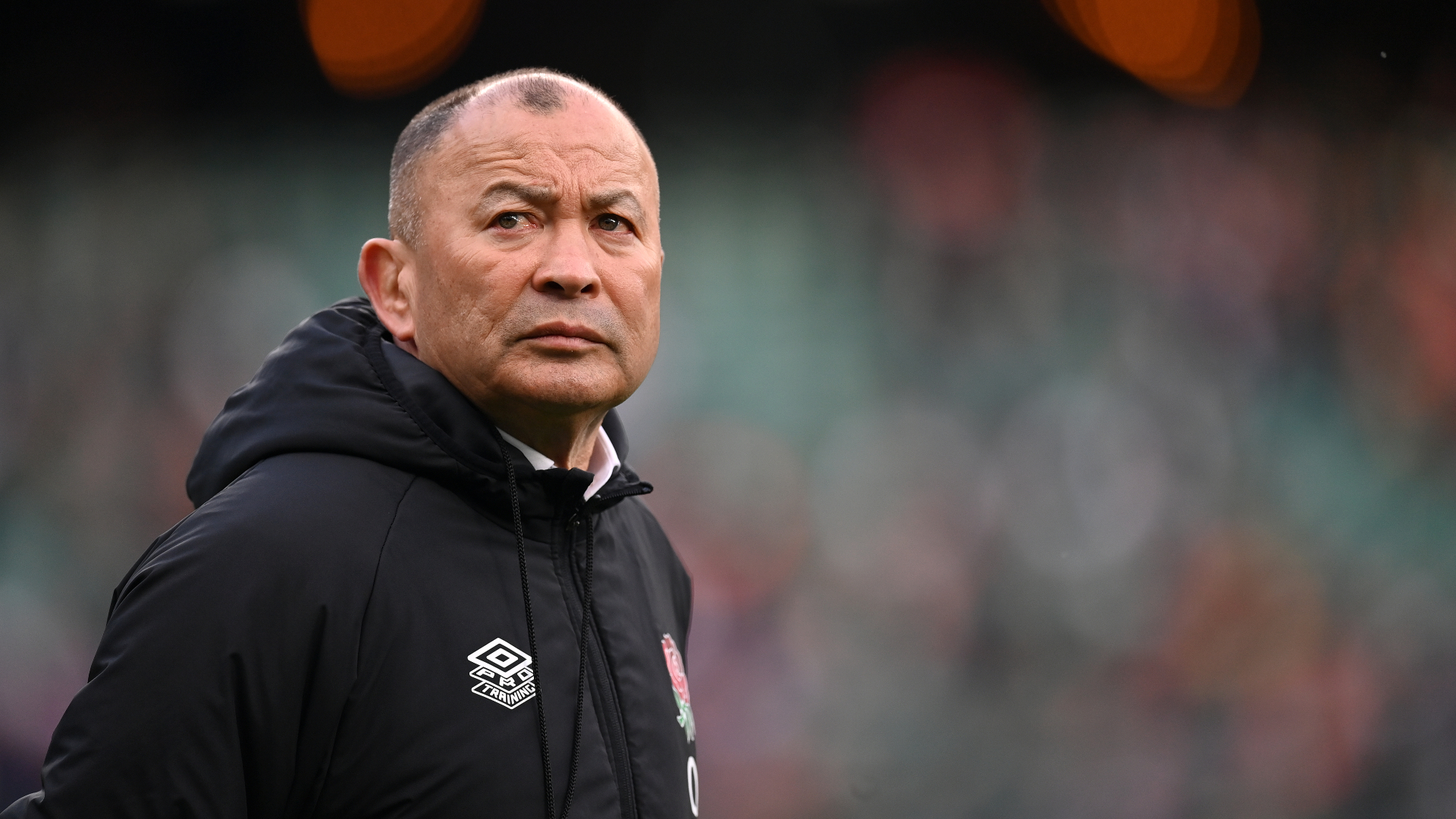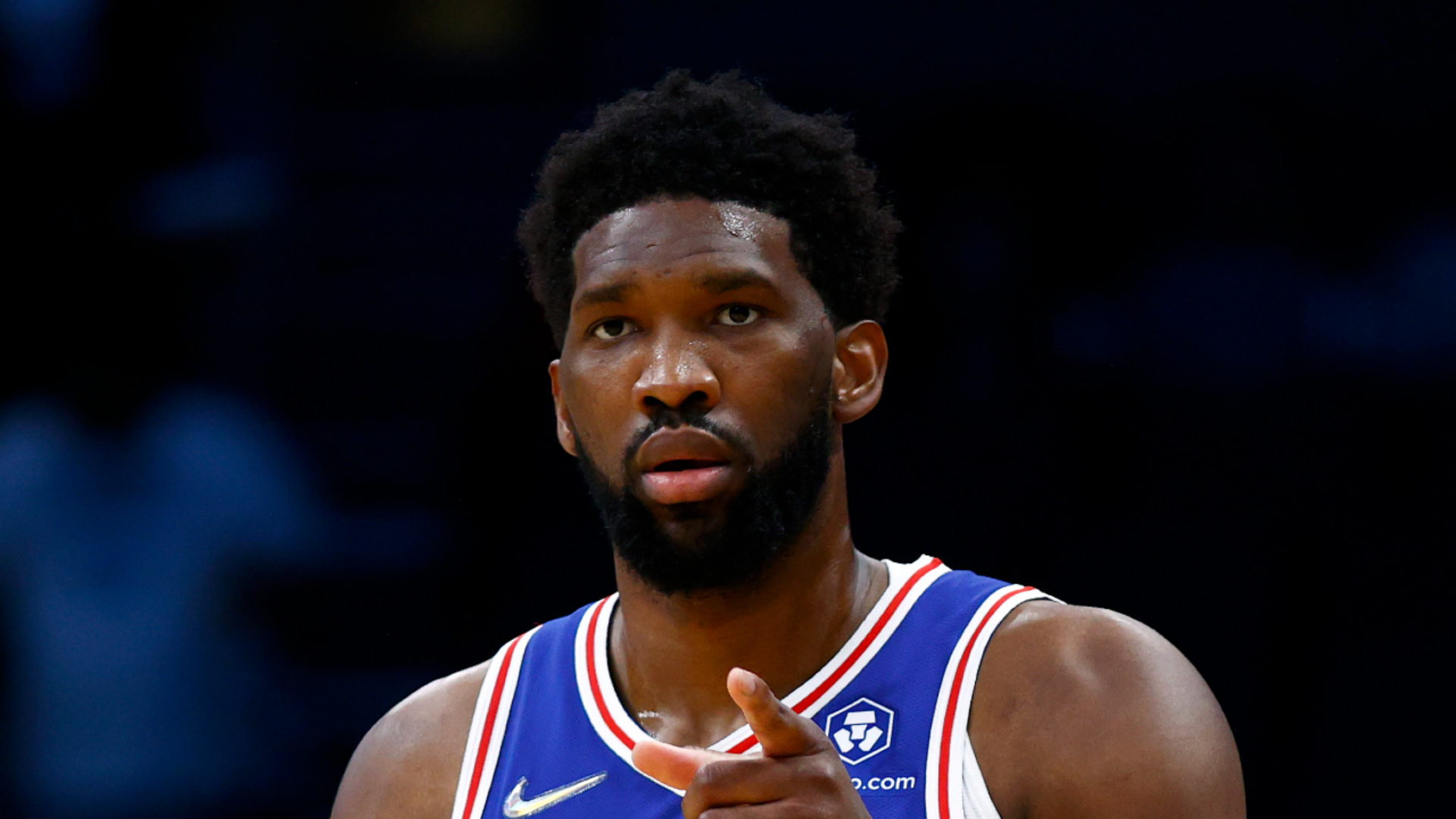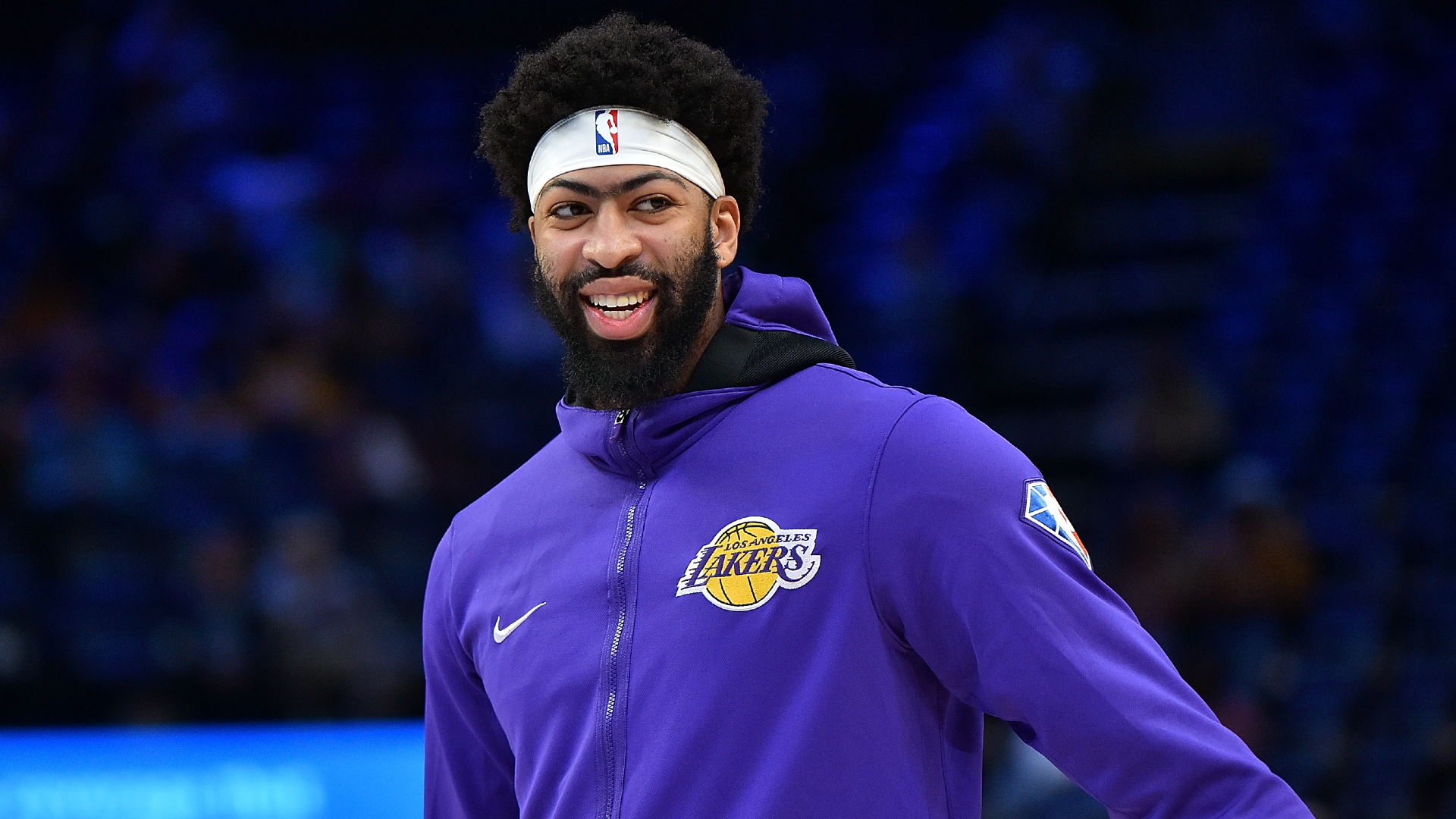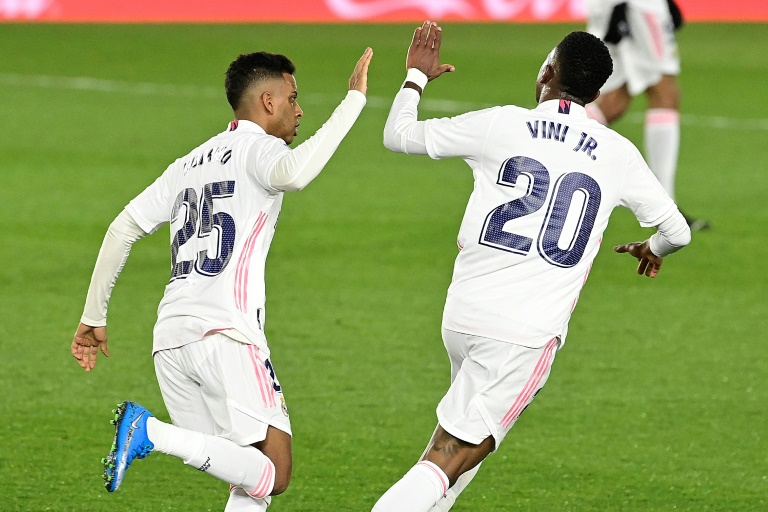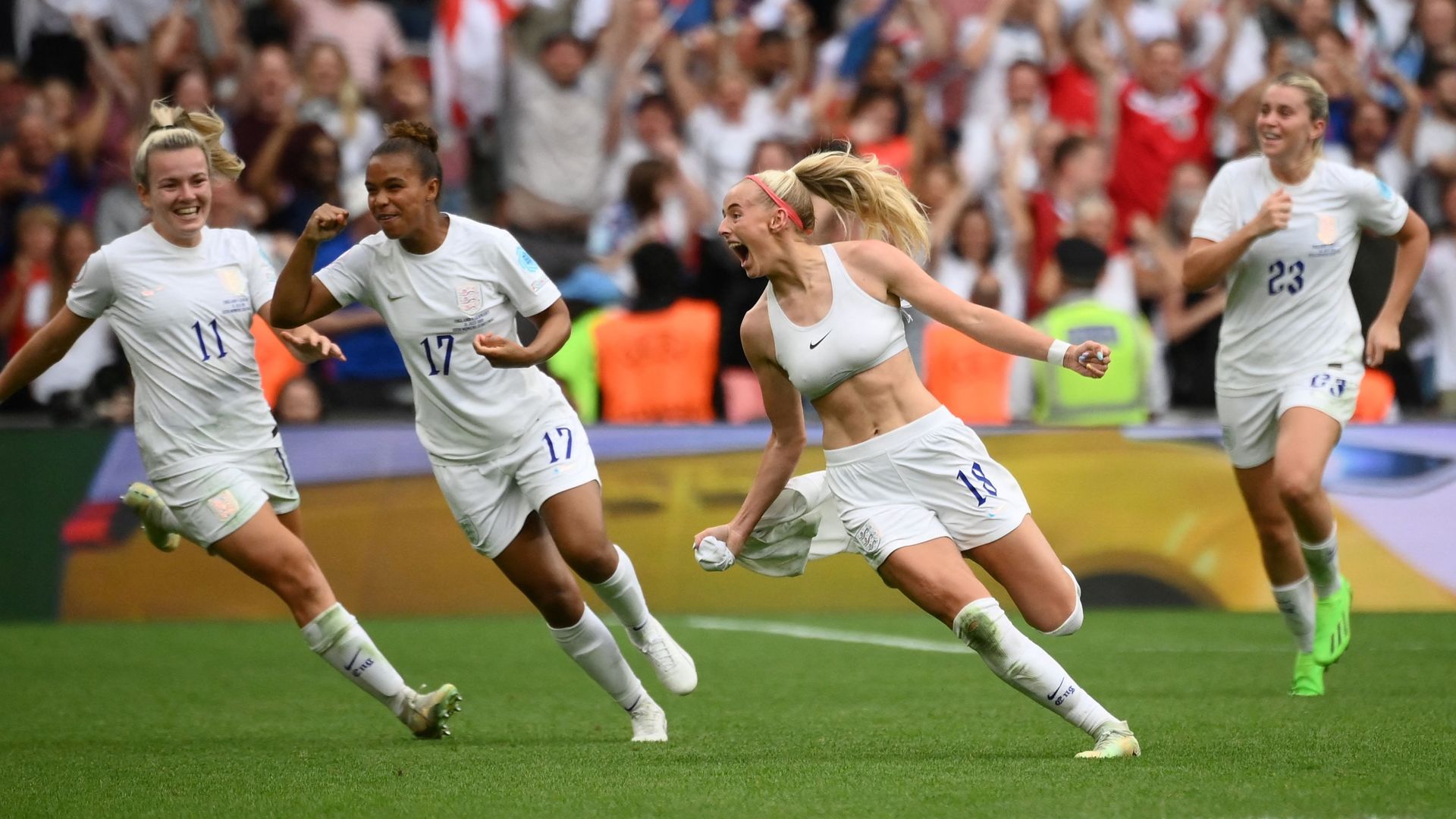
Chloe Kelly and Ella Toone wrote themselves into English football history as Sarina Wiegman’s brilliant Lionesses beat Germany 2-1 after extra time in a tension-packed Euro 2022 final.
Toone put England in front at Wembley with a classy finish in the 62nd minute, but Germany stung the hosts when Lina Magull equalised with 11 minutes left of normal time.
It became the first Women’s Euros final since 2001 to go to extra time. Germany beat Sweden with a late goal 21 years ago, scooping their fifth title, and they have since added three more.
But Kelly ensured there would not be a ninth at England’s national stadium, poking in a 110th-minute winner, tearing off her shirt and sprinting away in celebration. England had never won a senior European Championship, but after the men’s team went agonisingly close last year, the women, led by skipper Leah Williamson, have gone one better.
Germany suffered a devastating blow moments before kick-off when captain and six-goal top scorer Alexandra Popp was ruled out by a muscle injury, but they were robust without her.
England’s Ellen White and Germany’s Sara Daebritz threatened in the early stages, before the hosts had their best chance of a physical first half in the 38th minute when Beth Mead’s cutback from the right was fired just over the bar by White.
Germany substitute Tabea Wassmuth, on from the start of the second half, drew a save from Mary Earps with a shot from a difficult angle. Magull then speared narrowly wide as England’s defence looked increasingly jittery.
Yet then came a breakthrough, with manager Wiegman having sacrificed the experienced White and Fran Kirby for young guns Toone and Alessia Russo. Both had hit crucial goals coming off the bench to help England reach the final, and this time it was Toone with the heroics.
Keira Walsh looked up to see Toone on the charge and threaded a terrific pass beyond the German backline, Toone keeping her cool to lob Frohms from the edge of the penalty area.
Germany almost struck back when Magull, coming in from the right, crashed a shot against the right post, while England lost Mead to injury, meaning she and Popp shared the Golden Boot.
The warning signs had been there, and Magull levelled in the 79th minute when she tucked home Wassmuth’s low cross from the right.
In extra time, tension and tiredness took over, each team desperate for just one chance. And in the 110th minute, one fell to Kelly. Lauren Hemp’s inswinging corner from the right caused chaos, and Kelly prodded in from close range. England briefly thought it had been disallowed, but it was fine, and Wembley roared. This time it was coming home.
What does it mean? Women’s game must not be crowded out
This fierce contest was played in front of a crowd of 87,192, a record for a European Championship final, men’s or women’s. Players and coaches from both sides said before the match began that it should be a platform on which the women’s game can build something sustainable, and that is now the challenge for UEFA, the domestic leagues and federations, and the clubs.
Wiegman masterstroke
Germany limited Kirby to just 10 touches and five passes in the first half, both game lows, as Lena Oberdorf played the spoiler role by subduing the playmaker. Wiegman took direct action by removing the Chelsea star 10 minutes into the second half, deciding the player who managed two goals and three assists in the previous rounds should be sacrificed.
Kirby had recovered from a pre-tournament fatigue problem to take her place in the England squad, but there could be no room for sentiment here, and how the move paid off as replacement Toone broke the deadlock.
Toone titan, Kelly heroic
Manchester United star Toone became the sixth substitute to score in a Women’s European Championship final, and then Kelly was the seventh to do so. All seven have belonged to the winning team. England had seven goals from substitutes at Euro 2022, more than any other team managed.
What’s next?
These teams will be among the favourites for the World Cup next year, as Australia and New Zealand host. Germany are two-time former winners (2003, 2007), while England’s best performance on the global stage has been runs to the 2015 and 2019 semi-finals.




